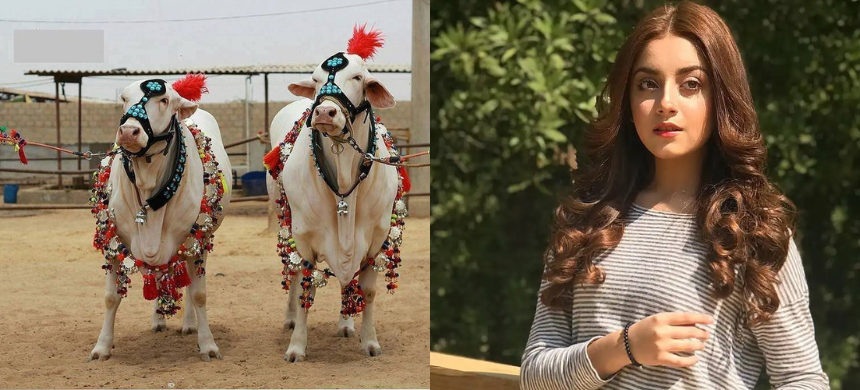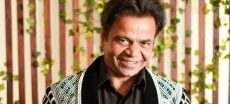Pakistani Actress Alizeh Shah Shares Heartfelt Reflections on Qurbani Ahead of Eid-ul-Adha
As Eid-ul-Adha approaches, Pakistani actress Alizeh Shah has sparked meaningful conversations on social media with a heartfelt post reflecting on the tradition of Qurbani (animal sacrifice).
Known for her powerful performances in dramas like Ehd-e-Wafa, Ishq Tamasha, Dil Moum Ka Diya, and Khel, and followed by over 4.3 million Instagram users, Alizeh used her platform to share a gentle yet profound perspective on the practice of Qurbani.
In an emotional Instagram message, Alizeh clarified that her intention was not to criticize but to offer “a soft voice sharing a different perspective.” She acknowledged Qurbani as a Sunnah rooted in the story of Prophet Ibrahim (A.S.), yet highlighted that it is not obligatory (fardh) for everyone from an Islamic standpoint.
Read More: https://theneutral.pk/portuguese-musicians-soulful-masterclass-bridges-cultural-divides/
What deeply moved her was the public display of animal sacrifice — “blood-stained roads, fearful animals, and their agonizing cries.” She expressed discomfort with the insensitivity shown when images, videos, and memes of Qurbani are widely shared online.
“They were created by the same loving God who created us,” Alizeh wrote. “To see them suffer so publicly… it’s something I personally find very difficult to digest.”
While respecting those who perform Qurbani with sincerity and reverence, she urged her followers to focus on the spirit of sacrifice — empathy, humility, and giving — rather than the size or number of animals sacrificed.
“Can we make this Eid less about how many animals we sacrifice or how big they are, and more about the spirit of giving, empathy, and humility?” she asked.
Concluding with a heartfelt request, Alizeh appealed, “Please be mindful of the images and videos shared online. Some of us are deeply affected by them. Islam teaches mercy, compassion, and dignity for humans and animals alike.”
Her post has resonated widely, inspiring thoughtful discussion about how religious traditions are practiced and shared in today’s digital age.










